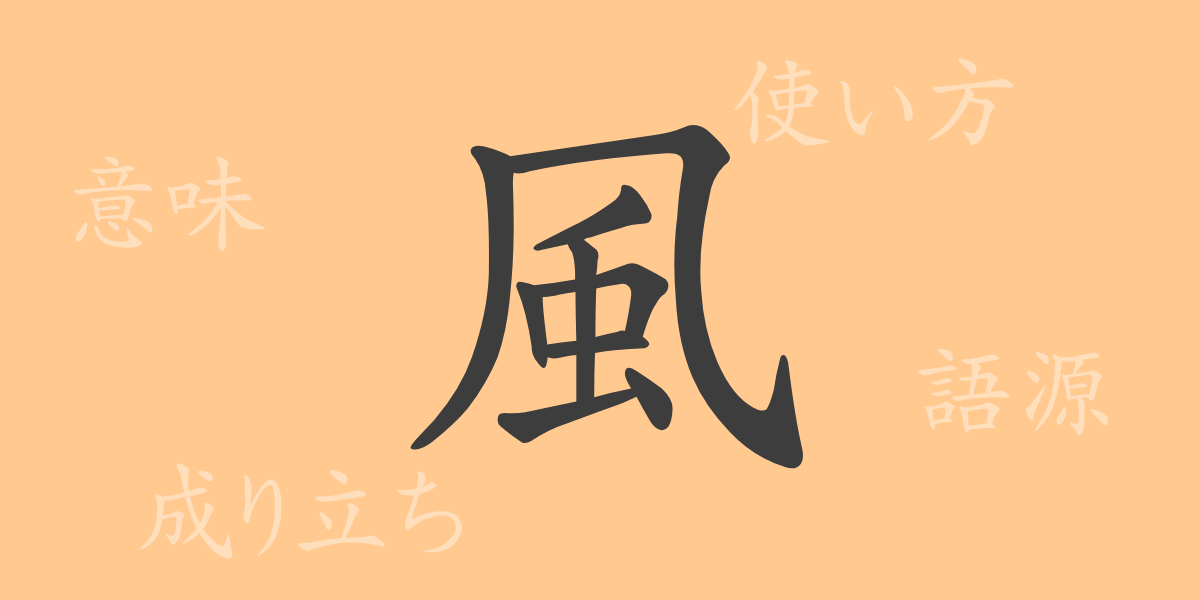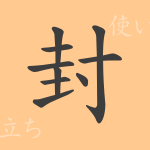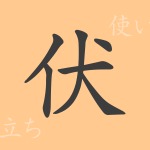The character “風” (kaze) is deeply rooted in Japanese life and frequently appears in poetry and literature. This single character carries rich expressive power and a background steeped in long history and culture. In this article, we will focus on the commonly used kanji “風” (kaze), exploring its etymology, meanings, usages, and even delving into idioms and proverbs that feature this fascinating character.
Etymology of 風 (kaze)
The origin of the kanji “風” (kaze) is ancient, with its prototype found in Chinese oracle bone script. Originally, it symbolized wind as a natural phenomenon, depicted in the form of an insect flying. Over time, it evolved into its current form and was introduced to Japan. The wind, though invisible, has been thought to influence not only the natural world but also human emotions.
Meanings and Usages of 風 (kaze)
The kanji “風” (kaze) not only refers to the natural phenomenon of wind but is also used metaphorically. “風情” (fuzei) expresses the charm of a scene or matter, while “風潮” (fūchō) indicates trends or tendencies of the times. Additionally, “風土” (fūdo) refers to the climate or culture of a specific region, and “風習” (fūshū) denotes the unique customs of that area. These are just a few examples of the diverse applications of the character “風” (kaze).
Readings, Stroke Count, and Radical of 風 (kaze)
The kanji “風” (kaze) has several readings.
- Readings: On’yomi is “フウ” (fū), and Kun’yomi is “かぜ” (kaze) or “かざ-” (kaza-)
- Stroke count: 9 strokes in total
- Radical: 風部 (kazakanmuri)
Idioms, Phrases, and Proverbs Using 風 (kaze) and Their Meanings
There are numerous idioms, phrases, and proverbs that include the character “風” (kaze). “風光明媚” (fūkōmeibi) describes beautiful natural scenery, while “一陽来復” (ichiyōraifuku) uses the imagery of wind turning towards spring to signify a positive change after a dark situation. “風の吹き回し” (kaze no fukimawashi) indicates being easily swayed by rumors or public opinion, and “花より団子” (hana yori dango) emphasizes the importance of practicality over aesthetics. “風前の灯” (fūzen no tō) describes a situation of extreme danger or crisis.
Summary of 風 (kaze)
The meanings embedded in the single kanji “風” (kaze) reflect various aspects of both natural phenomena and human society. Its usages and idioms showcase the richness of Japanese expression, and within our language, wind always brings a new breath of life. We hope this article helps you appreciate the profound depth of the kanji “風” (kaze).
“`

























